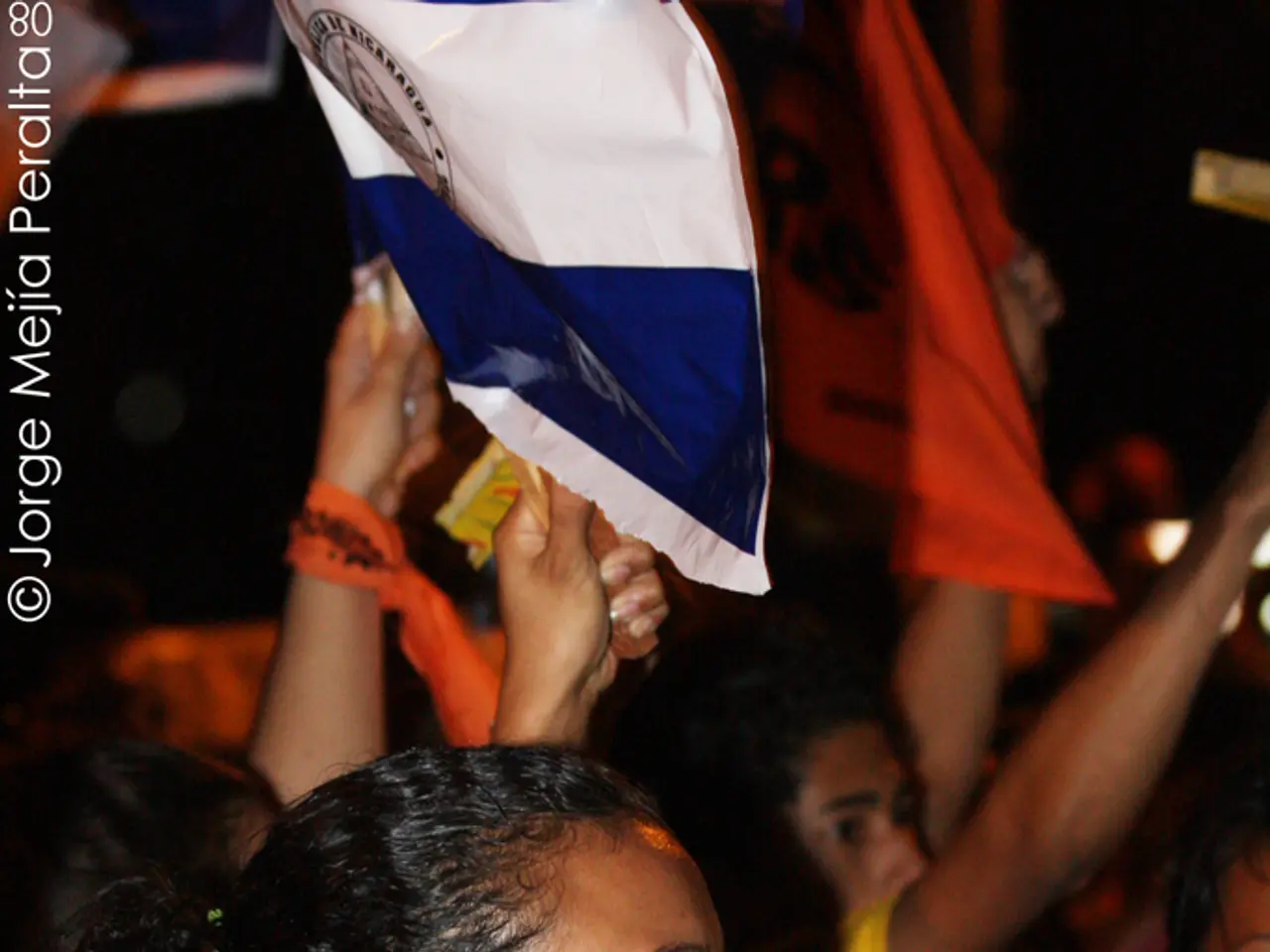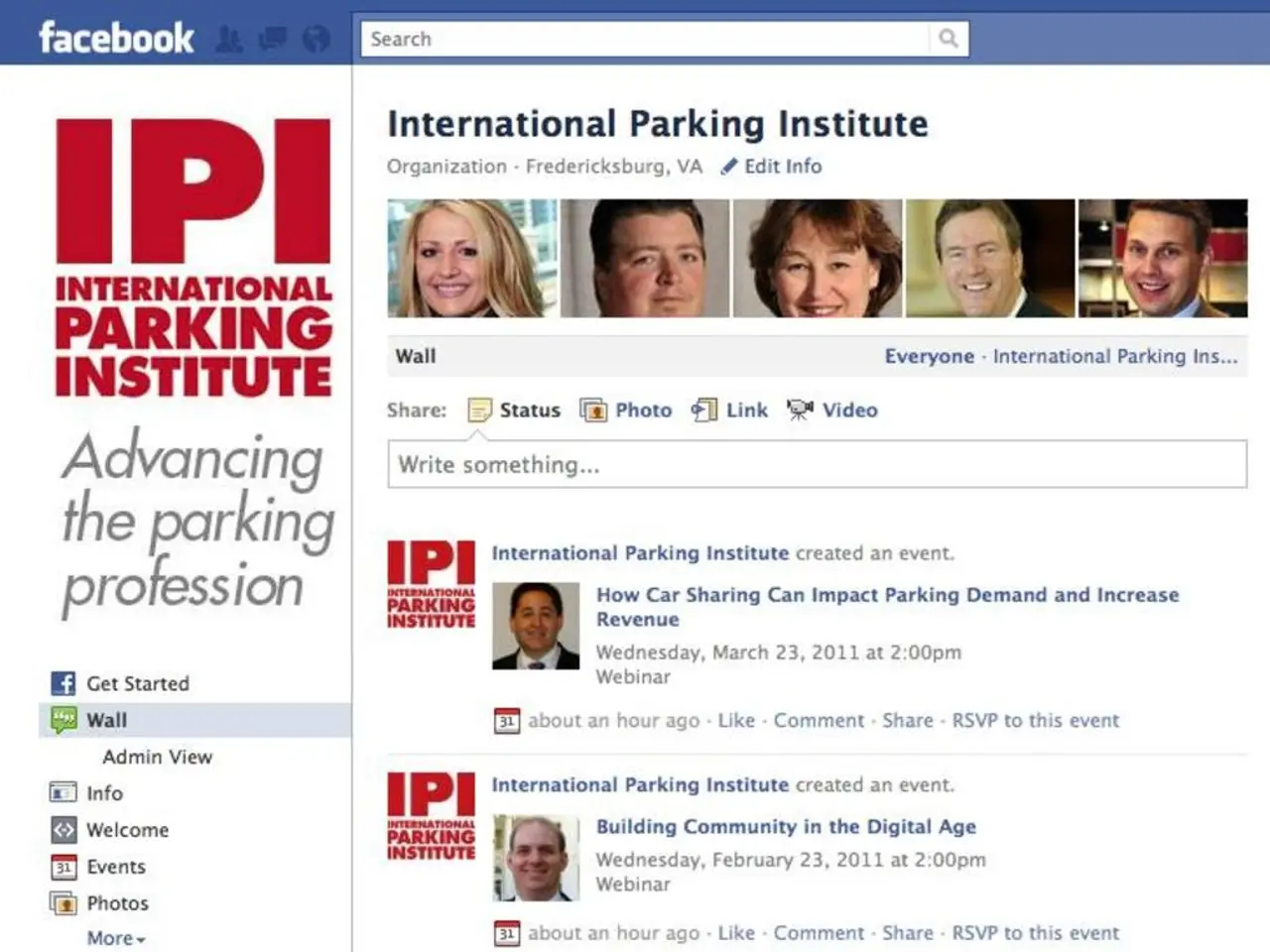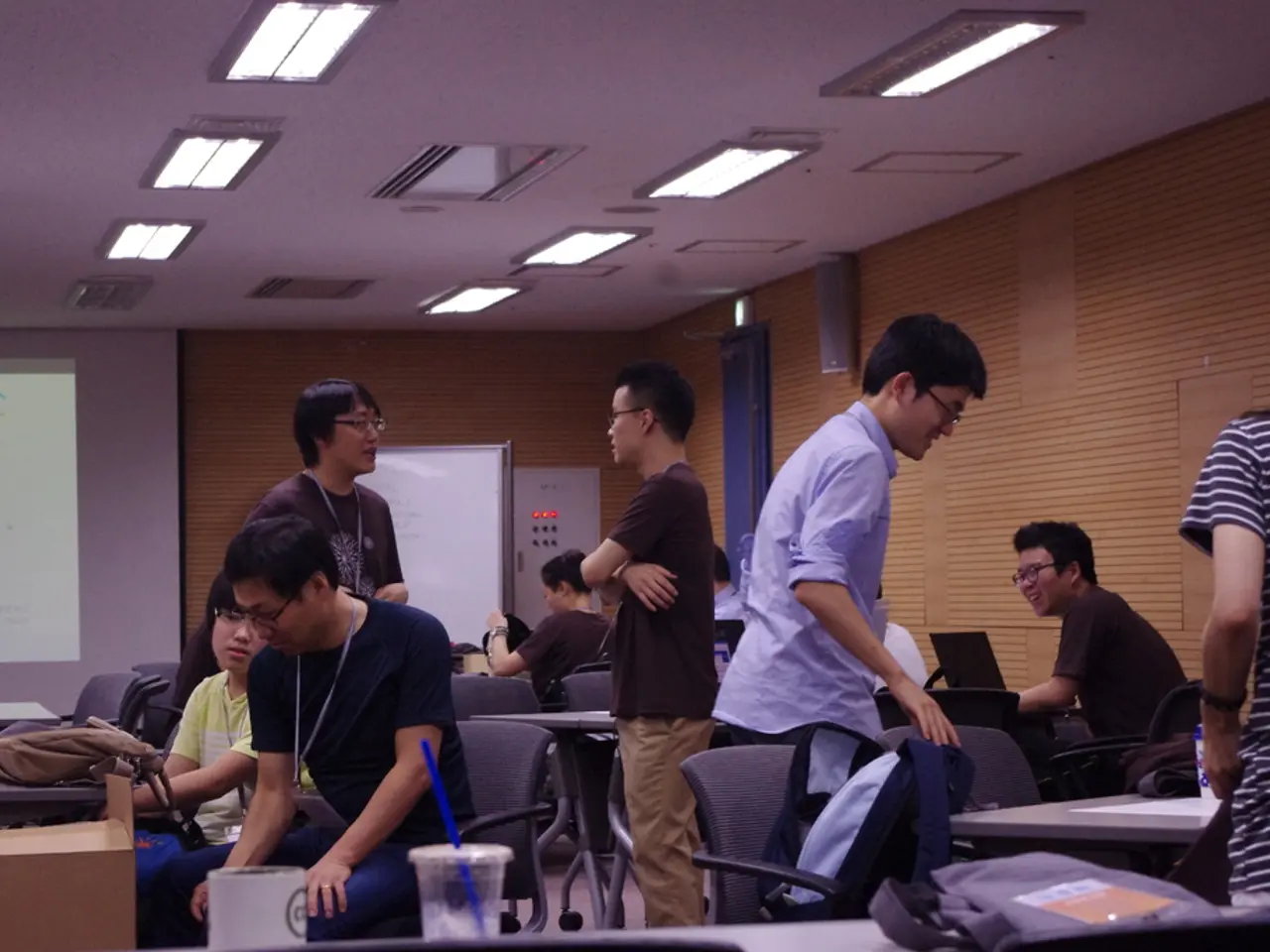Stricter border controls limit representation of impoverished countries at summits
The United Nations Framework Convention on Climate Change (UNFCCC) is hosting the Bonn summit and COP30 climate conference, but the organization has no control over visa processes [1]. This issue, along with stricter border and visa rules, is limiting the participation of nationals from the Global South in high-level talks, including climate change conferences.
A recent example is the denial of visas for two individuals from the Global South. Roaa, a Sudanese climate activist, was refused a visa to attend a United Nations climate conference in Germany [10]. Similarly, Ugandan HIV/AIDS youth advocate Joseph Robert Linda was denied a visa to attend an international conference in Germany [9].
These visa denials are not only affecting individuals but also the representation of their perspectives and interests at these conferences. According to a 2021 study by Harvard Medical School researchers, only 4% of health summits were held in poorer countries, where around 80% of the world's population lives [8]. Furthermore, between 1997 and 2019, only 39% of health conferences analyzed had attendees from developing countries [7].
The exclusion of Global South nationals from international conferences hinders equitable decision-making and perpetuates imbalanced power dynamics. Their absence means that policies and commitments may not fully address or reflect the needs of developing countries [2][3]. The exclusion limits their influence on agenda-setting, negotiations, and implementation strategies critical for global challenges.
To address this issue, the UNFCCC has taken steps to diversify participation at its events by boosting the quota for Global South delegates [1]. Conference organizers are also encouraged to work more closely with authorities to get visas approved to enable more people to participate [6].
However, the issue goes beyond individual conferences. Stricter border and visa rules are causing travel uncertainties for students, scholars, and professionals from affected countries, discouraging or preventing their participation in international events [2][3]. Even the United Nations conferences may require pre-approved visas and official documentation that can be challenging to secure [1].
The effects of these restrictions are significant. When Global South nationals cannot participate fully in key forums on climate change, global health, and other pressing issues, their perspectives, knowledge, and interests are underrepresented. This contributes to ongoing global inequities [2][3].
In response, some Global South countries are expanding visa-free travel arrangements among themselves to strengthen mobility and cooperation, but these efforts do not fully compensate for the restrictions imposed by the Global North [4].
In conclusion, stricter visa and border controls reduce the participation of Global South nationals in international conferences, thereby limiting their ability to influence vital global decisions on climate change, health, and other challenges, contributing to ongoing global inequities [2][3][4].
References:
- UNFCCC. (n.d.). Access and Participation. Retrieved from https://unfccc.int/process-and-meetings/the-convention/access-and-participation
- Mwangi, J. (2021). The Global South's Struggle for Representation at International Conferences. The Diplomat. Retrieved from https://thediplomat.com/2021/06/the-global-souths-struggle-for-representation-at-international-conferences/
- O'Neill, V. (2021). The Global South's fight for representation at climate talks. Al Jazeera. Retrieved from https://www.aljazeera.com/opinions/2021/11/10/the-global-souths-fight-for-representation-at-climate-talks
- Mugisha, B. (2021). Africa's visa-free travel push: Why the continent needs to move faster. Deutsche Welle. Retrieved from https://www.dw.com/en/africa-s-visa-free-travel-push-why-the-continent-needs-to-move-faster/a-58608183
- Kassimir, J. (2020). Visa Issues Force Geneva-Based International AIDS Society to Switch Host Cities Since 2023. Geneva Solutions. Retrieved from https://genevasolutions.org/2020/11/16/visa-issues-force-geneva-based-international-aids-society-to-switch-host-cities-since-2023/
- IAS. (n.d.). Access to the Conference. Retrieved from https://www.ias2022.org/en/access-to-the-conference
- Buse, K. (2019). The Global South's Underrepresentation at Global Health Conferences. Global Health NOW. Retrieved from https://www.globalhealthnow.org/news-article/global-souths-underrepresentation-at-global-health-conferences
- Harvard Medical School. (2021). Global Health Conferences: A Call for Greater Representation from the Global South. Retrieved from https://www.hsph.harvard.edu/news/hsph-in-the-news/global-health-conferences-a-call-for-greater-representation-from-the-global-south/
- The Observer. (2021). Ugandan HIV/AIDS youth advocate denied visa to attend international conference in Germany. Retrieved from https://observer.ug/news/headlines/94893-ugandan-hivaids-youth-advocate-denied-visa-to-attend-international-conference-in-germany
- Al Jazeera. (2021). Sudanese climate activist denied visa to attend UN climate summit in Germany. Retrieved from https://www.aljazeera.com/news/2021/10/18/sudanese-climate-activist-denied-visa-to-attend-un-climate-summit-in-germany
- The UNFCCC's efforts to diversify participation at international climate conferences are crucial, recognizing that carbon emissions from the Global South are significantly impacted by climate change and that education-and-self-development opportunities there are often limited due to these changes.
- stricter visa and border controls not only limit the participation of Global South nationals in high-level talks like COP30 climate conference but also hinder their representation in general-news and sports discussions, impeding the global exchange of perspectives and making it challenging to address pressing global issues.
- In politics, the underrepresentation of voices from the Global South contributes to imbalanced power dynamics and policy-making decisions that may overlook the unique challenges faced by these nations, perpetuating ongoing global inequities.




